Photographer VIKTORIJA PASHUTA @viktorija_pashuta
Stylist OTHTHAN BURNSIDE @otheezystyledit
Grooming TATIYANA ELIAS @tatiyanaelias
Director/Cinematographer/Editor JOSHUA M. CHÉRIE CHERY @m.cherie._
Production Assistant CASSIDY COCKE @cassidy.ac
Production Assistant JULIA LOBYZNOVA @_m.julia
Photo Assistant RODWELL FLOWERS @rodswayhome
Location W HOLLYWOOD HOTEL @whollywood
Special Thank You INOE VARGAS
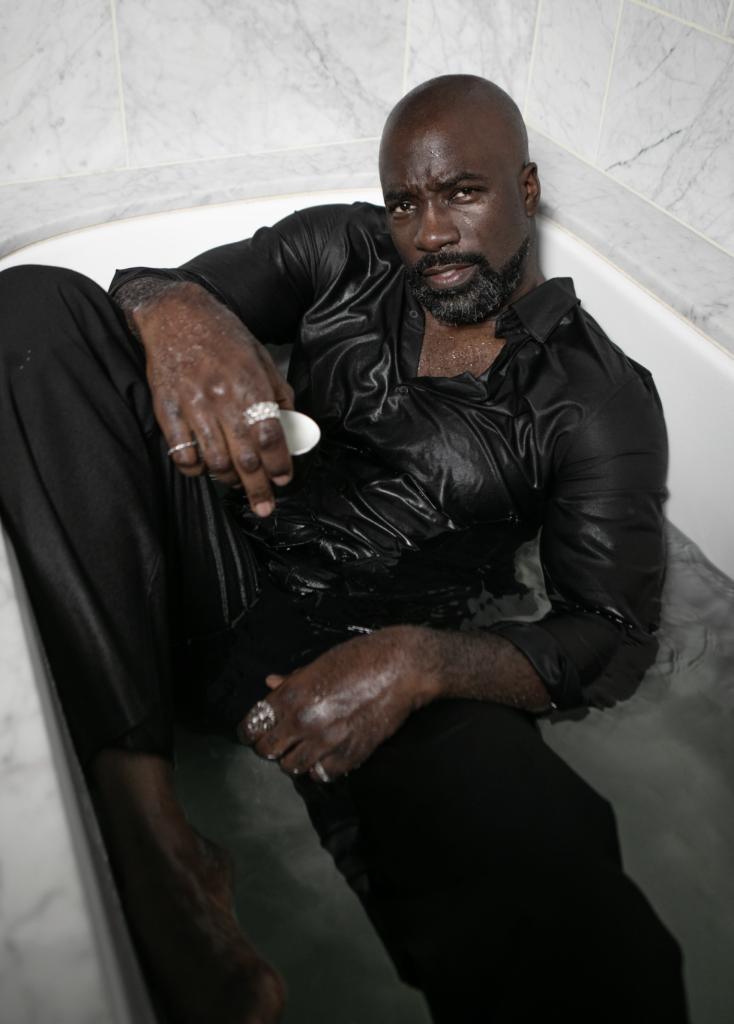
Words by Kimberly Haddad
Versatile, magnetic, and authentically modest, the talented actor Mike Colter is not just transitioning from television to the big screen, but leaving a lasting impact in the entertainment industry. Best known for his stellar performances in hit series such as Marvel’s Luke Cage, The Defenders, and Jessica Jones, Colter is now preparing to shine in the upcoming Netflix action-comedy film The Union, alongside A-listers Halle Berry and Mark Wahlberg. Despite his upcoming push into film, Colter continues to garner praise for his role as David Acosta in the critically acclaimed Paramount+ series Evil. The show, set to conclude in late August, has gained a fresh wave of viewership since its global release on Netflix, consistently securing a spot on the platform’s Top 10 Most Watched list. We caught up with Colter to discuss his transition to movie stardom, navigating authenticity in a superficial industry, and his family’s latest venture Niles + Chaz, a clean, vegan, and sustainable hair care line for kids of mixed backgrounds.
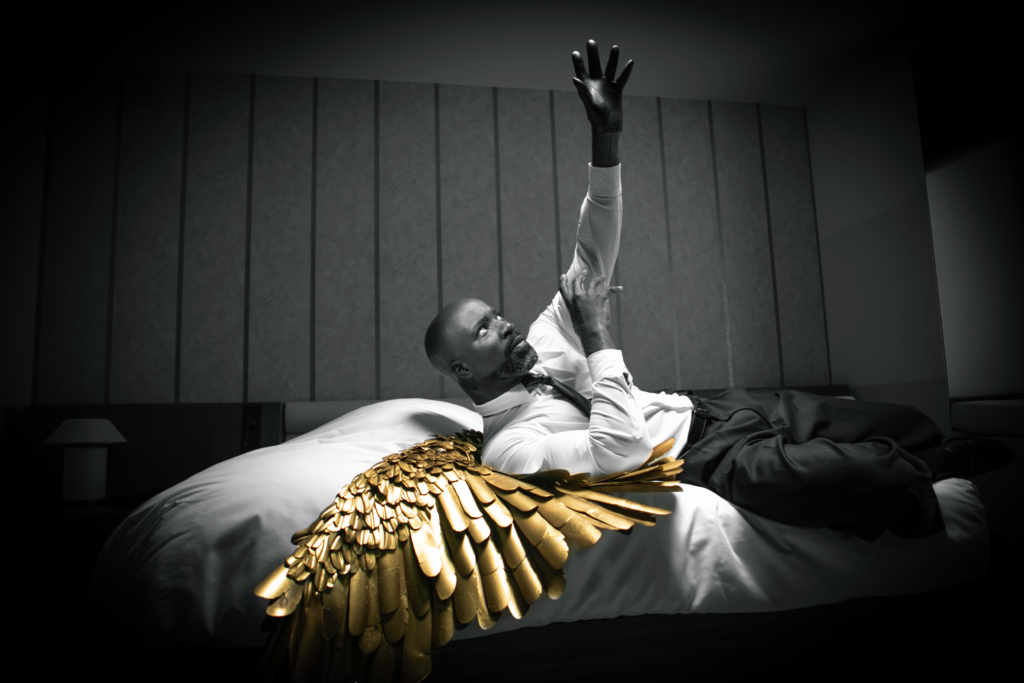
Leather Tie PRADA @prada
Trousers MANIERE DE VOIR @manieredevoir
Golden Wings INOE VARGAS @iaminoe
What values or beliefs have shaped who you are today?
Honestly, the things I sort of live by are staying humble and working really hard. I don’t believe you have to be an A-hole to be successful. People seem to think that the nice guys finish last, but that’s not really true. You just try to treat everyone equally and that usually leads to pretty good energy. At the end of the day, I don’t thinkyou can always depend on your work ethic. You need a little love, you need people to help you out, and I think that’s important. Sometimes, you have to remember that it’s not always about you, that if you treat people the right way, maybe it will come back to you.
How has your background and experiences shaped the way you approach your career and personal life?
I grew up in a very blue-collar town where my dad worked, in St. Matthews, North Carolina. It was a small little town in the middle of nowhere. I got the understanding that hard work does pay off. As I grew up, I worked a lot of jobs. I waited tables, I mowed lawns, I worked as a dishwasher, I did telemarketing. I had so many jobs that I maybe didn’t love, but they did build character. It all gave me experience in life so I appreciate things a lot more, especially now that things are working out a little better for me.
What drew you to the character of David Acosta in Evil, and how do you approach portraying a complex character with morally grey traits?
I think what drew me to his character was that I didn’t really know anything about Catholic priests. It never crossed my mind. I grew up in a pretty religious home, but it was Baptist, so it wasn’t that ritualistic or about confessionals and all the things that Catholics do. I didn’t have any background on it. It was a big challenge trying to understand the person who would devote his entire life to the colony. I didn’t understand the face value of it, so I was really intrigued as to how to portray someone who could do something so noble and selfless. I think that’s what attracted me most. I think a lot of actors think it’s better to play characters that are close to us, but I try and play characters as far away from me as I could because that’s the joy of it.
How did you prepare for your shift from television to movie star status in The Union? Can you share any challenges you faced during this transition?
I think it’s always a tricky thing because with TV, you get comfortable in the character and it sort of fits like a glove because you’ve played it for weeks and have such a long story. You’ve worked through the character development and his nuances over time. With a movie though, you’re really just jumping in and trying to figure out how to be this character right away. And not only do you have to figure it out, but the audience needs to understand what is happening right away. You have a smaller window to tell the story, but they still have to become connected to this character and form an opinion about him right away. Every time you’re on screen, more is at stake because you have such little time to get this message across, especially when filming parts of the film out of order. You have to figure out where the person is emotionally at that point in the story and how to play the scene. It’s a little different, but I enjoy it because it’s a different challenge and a different muscle.
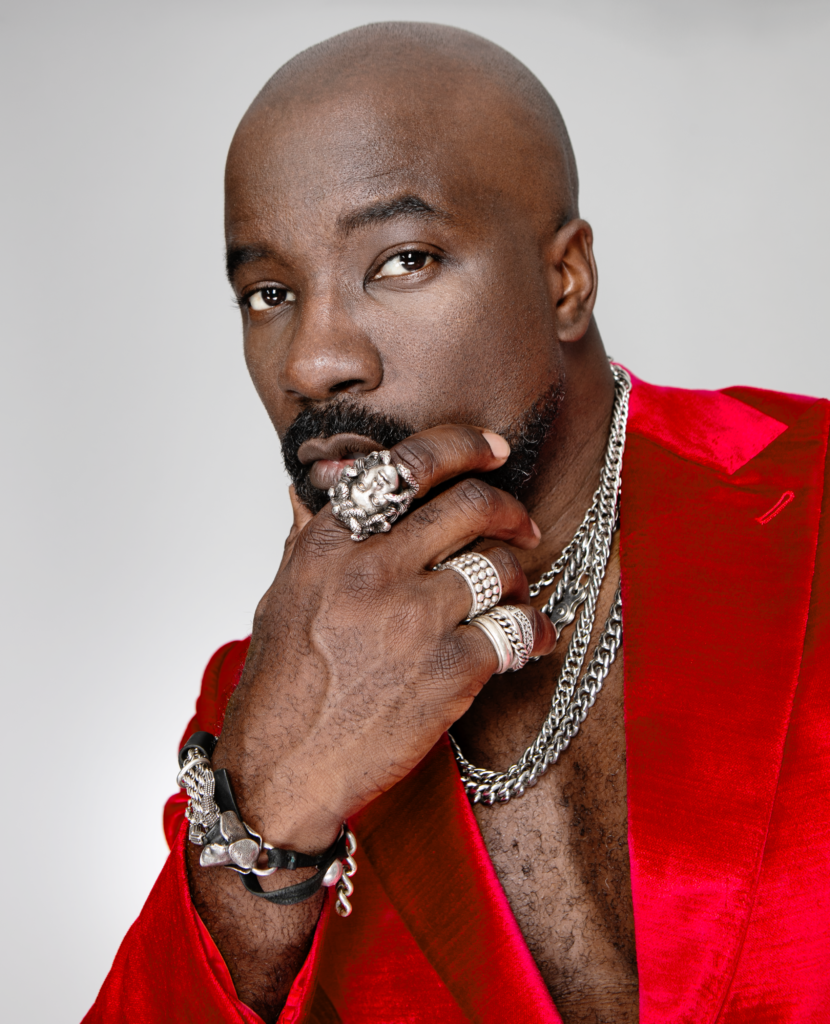
“At the end of the day, I don’t think you can always depend on your work ethic. You need a little love, you need people to help you out, and I think that’s important.”
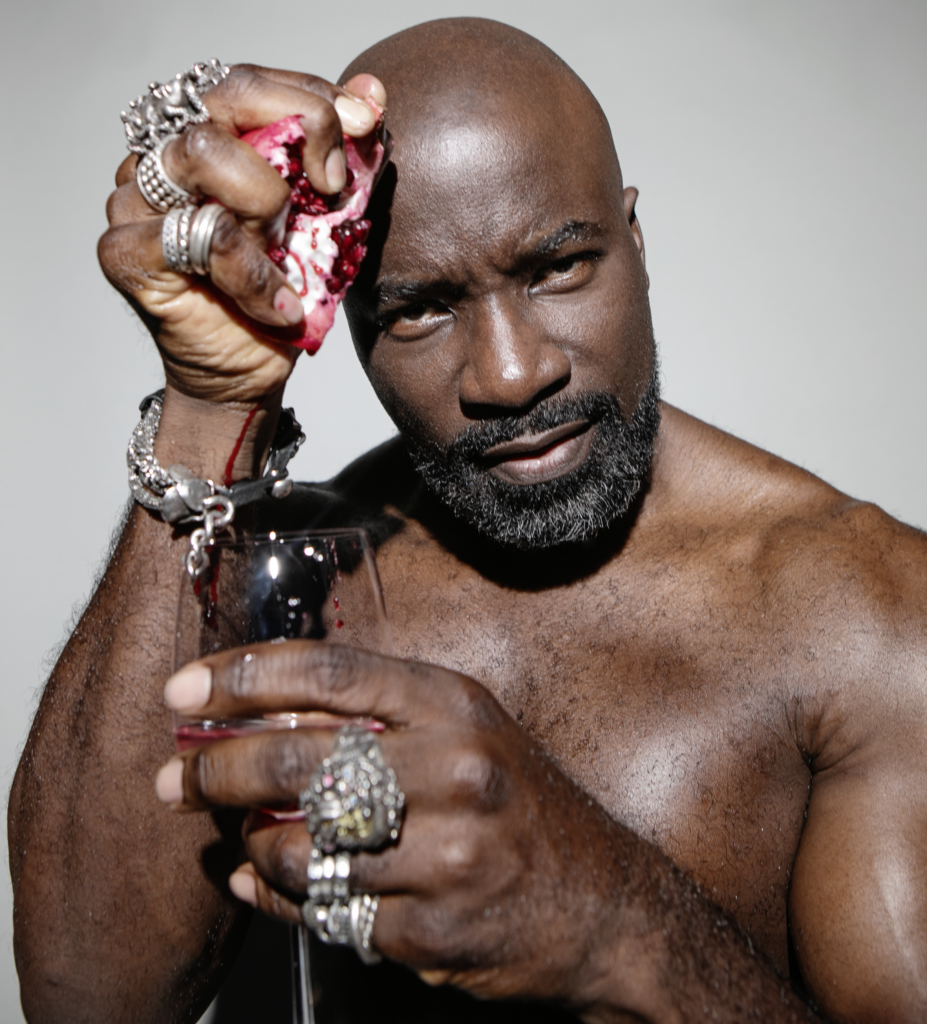
What sorts of things influence the roles you choose to portray on screen?
I really like morally ambiguous characters, but I also like characters that will allow me to make my mom and dad proud. I don’t want to play something that I can’t justify to my family. That still means something to me. I think there are limits as to what I think is valuable in terms of the material because I want to move the needle in my career and have a legacy. I love playing villains and similar roles, but there is almost always a redeeming quality in most of these characters and I still look for that.
As a prominent figure in the entertainment industry, do you feel you have a responsibility in terms of advocacy for underrepresented communities, both on and off screen?
Yes. I think I do because when I got into the business, or when you have an opportunity, you want to find a way to give people a different glimpse of characters. As a Black actor, I still want to find and play characters that people at home don’t see themselves in, but now that I’m playing the role, they can. The whole point of acting is to stretch the imagination. It’s not just to show you normal everyday life. If you’re not stretching the imagination then you are doing the audience a disservice and there’s no point.
How do you maintain a sense of authenticity and integrity in an industry known for its superficiality?
You have to figure out what you really value and stick to your principles, but you can’t have so many principles. There has to be some flexibility, otherwise you’ll never work in this business. At the same time, you have to ask what you have to give and what you’re going to get in return? What does that work look like? If you’re willing to do anything, there will be a reward, but is that reward worth it? I always ask myself what will make me happy and if I am happy with a film or series. If I didn’t have to compromise myself, I’m good. I don’t ever want to be unhappy or embarrassed with anything that I do. I really have to believe in it. I have to understand it from the total perspective of an actor, as well as a person who is part of a community, as a father and a son. I still have that responsibility.
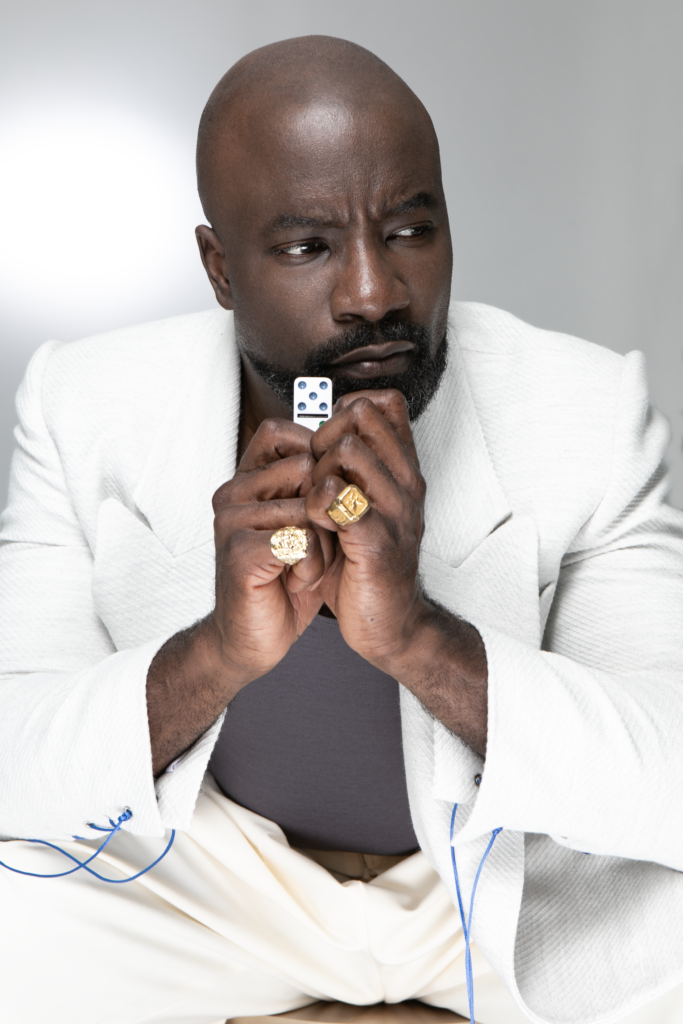
“I really like morally ambiguous characters, but I also like characters that will allow me to make my mom and dad proud. I don’t want to play something that I can’t justify to my family. That still means something to me.”
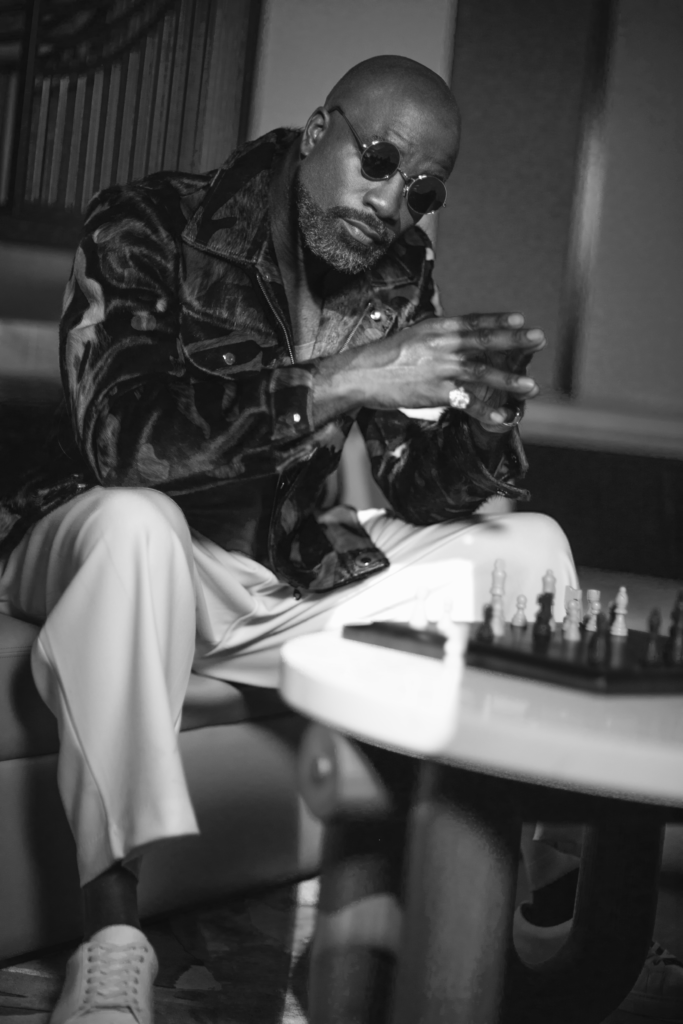
Tank RICK OWENS @rickowensonline
Pants NEOITY @neoitystyle
Launching a haircare line like Niles + Chaz is a unique venture. What inspired you and your family to create an entirely clean haircare product line for kids of mixed heritage, and what challenges did you face in bringing this project to life?
There was a problem, there was a need, there was a space that needed to be filled. It was out of necessity. My daughters are biracial. Their mother is White, I’m Black, and the hair texture is so interesting. When you experience that, you realize there isn’t a lot of stuff on the market that’s targeted towards that demographic, even though that demographic is growing every year. There’s not a lot on the market that is specifically for those individuals. One day, my oldest daughter suggested we make something, but she’s a kid and doesn’t know the process. However, when she said that, I thought it would be a lot of work, but it could be done. Then I realized it could be a fun process for them. We could all learn something from it while filling a need for other people who need hair products, for those coming from a mixed heritage. The hair is curly and frizzy, so we provide many different things—a detangler, a curl enhancer, a scalp treatment, a styling gel cream, all the things that they actually need. There was such a demand in the market.
I love that so much. Were your children involved throughout the entire process in terms of testing ingredients, packaging, and marketing the products?
Yeah. They had really strong opinions about colors and graphics. Both of my daughters love to draw and paint. We actually used some of their images on some of the packaging. They even had strong opinions about the smells and ingredients. We really wanted to appeal to their demographic, who are kids, but we also wanted the packaging to be appealing, something that would pop on the shelves.
How do you hope this brand will impact children’s self-confidence and cultural identity?
I hope that it will give them a sense of confidence, because at the end of the day, if you’re feeling really good about your appearance and your hair, it improves your confidence so much. And this goes for anyone. As soon as anyone gets their hair done, they just feel different. If a young man gets his hair trimmed, he immediately feels better about himself. It’s a self-awareness thing that when you feel you look better, you move better and you’re more confident. I love that for them.
As an actor, business owner, and family man, how do you balance your career aspirations, entrepreneurial ventures, and personal life to achieve success in all areas?
It is a constant juggling act. I do better at certain times and other times, I’m just like, well, this week wasn’t great.There will be two weeks when I am being a really great dad and doing the best that I can as an actor. You’re multitasking every day.
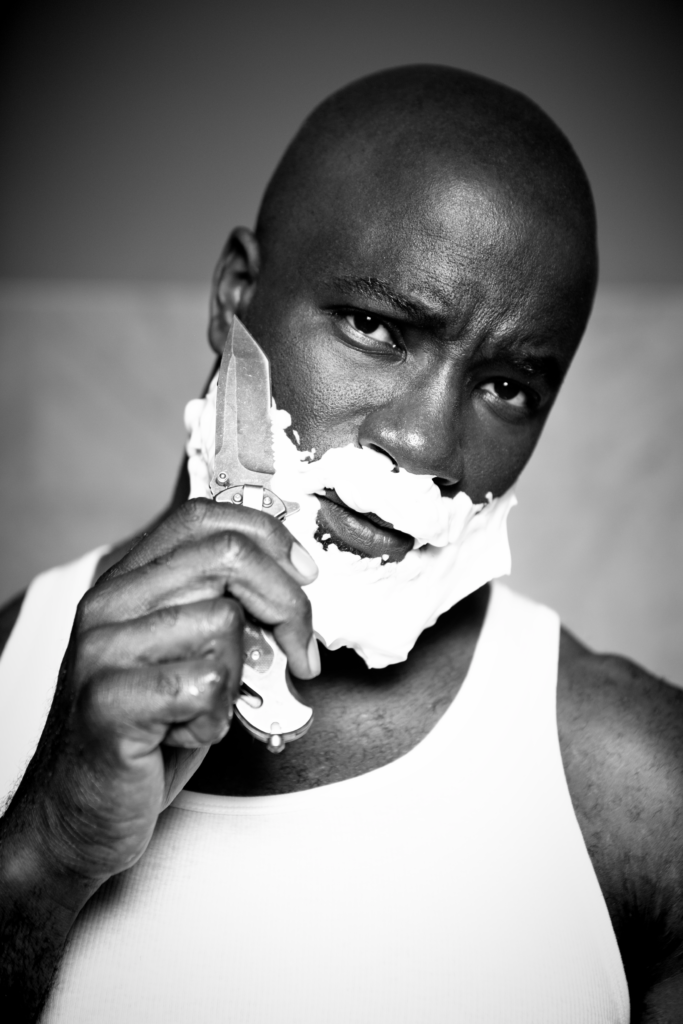
If you were a superhero in real life, what would be your special power and costume?
I’d cure depression. I’d be a dopamine man, Mr. Dopamine.
What’s the weirdest fan encounter you’ve ever had, and how did you handle it?
I’ve had quite a few. I had this one kid who showed up at my table during Comic-Con years ago in San Diego. His face was washed in tears and I don’t think I had ever seen someone so emotional. I just didn’t understand, but I did realize how important people’s exchanges with those they really admire can be. It made me think of my grandfather who used to run a store in town. That made him an important person in town. It made him someone that people knew, someone that people connected with and cared about. My mom would always say that when she was growing up, it would annoy her a little bit that people would always stop in to have conversations with him. As a kid, you see that and might think it’s annoying, but her dad pulled her aside and told her the people who came in were important because they are supporters, they make the town work and keep the businesses open. It made her understand that you can’t be too busy for people who are supporting you and it’s really important to give back in that way. So, when I do events now, I see things in a whole different way. It’s really a chance to connect with people and I try really hard to be there.
If you could switch lives with any fictional character for a day, who would it be and why?
Luke Cage. My fans would be annoyed if I didn’t say this. Honestly though, sometimes I really do wish I was him.
Even though Evil is coming to an end, can you speak on the success of the series, as it’s now on Netflix catering to a new audience?
It’s super exciting. Evil has really been a gift in some regard because it’s been a great role, but obviously it was pulled under the radar a little bit on Paramount+ because the fanbase wasn’t as large as Netflix. We all knew it was a great show and that people liked it, but we never really had the platform for it. The platform on Netflix is much bigger and when they released the first season a couple of years ago, it did really well. We knew there was a bigger audience and we had the opportunity to cater to them. Being on the top 10, Netflix brought us back around. At one point, we were even number two. It really just says how good the show was and we are really proud of that. We’re proud because we had such a great time making it and we wanted to make sure it got as much visibility as possible. It’s been such a great ride and this last push by Netflix has been such a blessing.
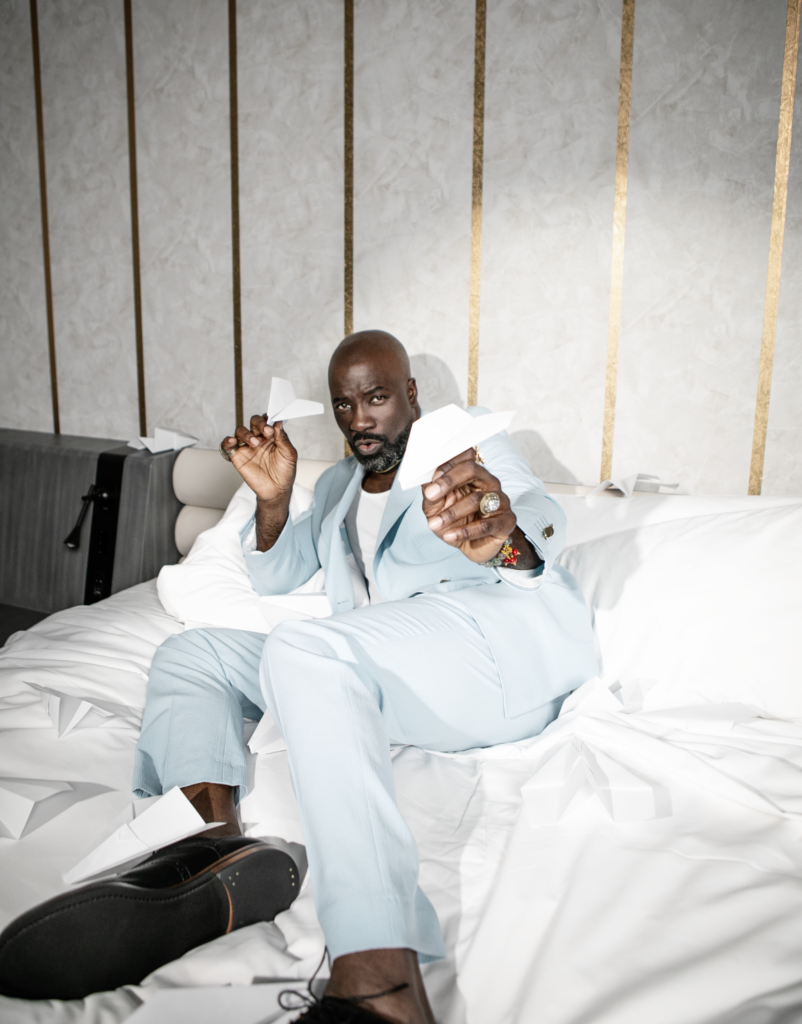
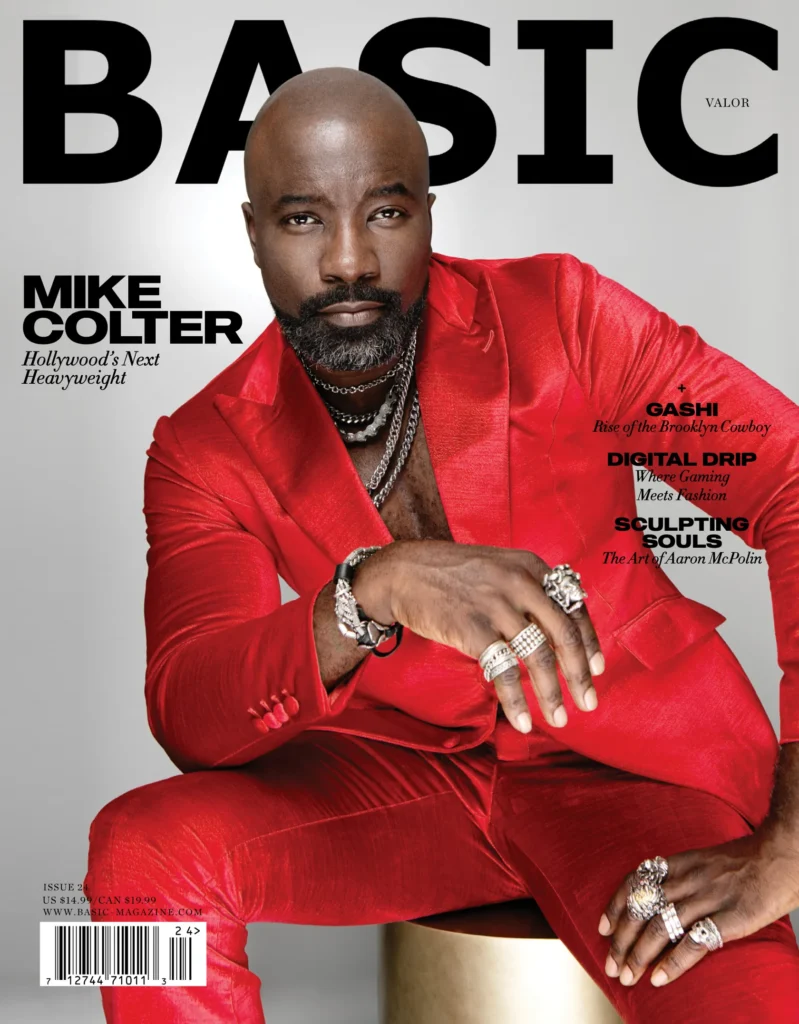
You may also like
-
Staying Loud, Staying True: Spacey Jane’s Evolution from Perth to the World
-
Reframing Narratives with KATHERINE FLYNN
-
FIGHT TO THE OTHER SIDE: Hilary Roberts on Suffering, Freedom, and Sharing her Mafia Gifts
-
SEXY 4EVER – An Interview with INJI
-
BREAKING BREAD with GAVIN ROSSDALE: A Conversation about Music, Food, and the Art of Hospitality
-
UNCOVERED: The Liberation of MODEL ROZ